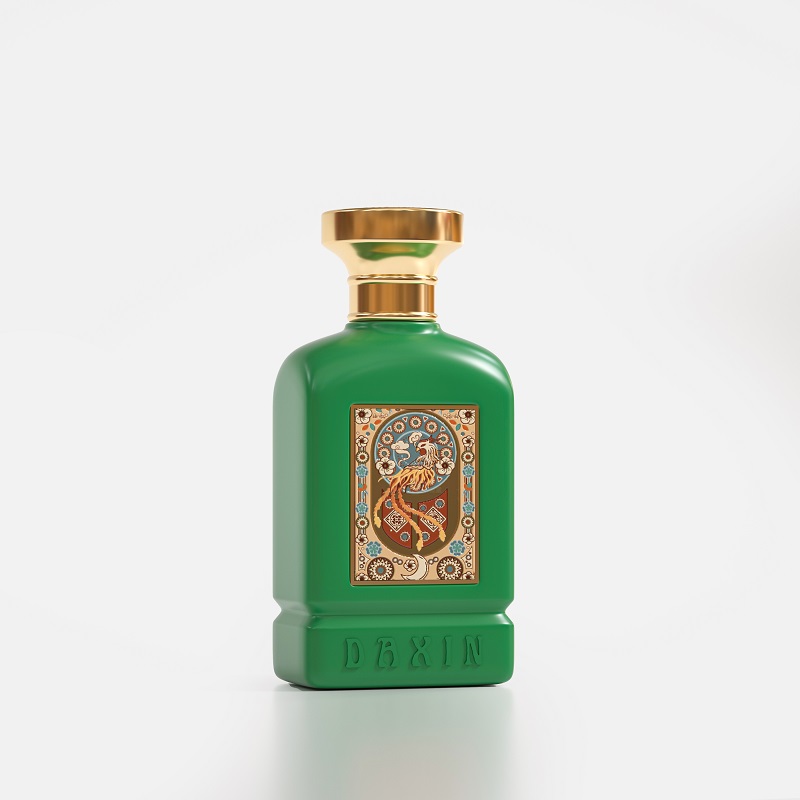What is So Special About Arab Perfumes?
What is So Special About Arab Perfumes?
Arab perfumes, often known for their rich, exotic, and long-lasting scents, hold a special place in the world of fragrance. Their uniqueness stems from a combination of high-quality ingredients, traditional craftsmanship, and cultural significance. Here's a detailed exploration of what makes Arab perfumes so special:
1. Exquisite Ingredients
Arab perfumes are crafted using some of the finest and most luxurious ingredients available:
Oud: Known as "liquid gold," oud is derived from the resinous heartwood of the Aquilaria tree. Its deep, woody, and complex aroma is highly valued in perfumery.
Rose: The Taif rose, grown in Saudi Arabia, is renowned for its intense and sweet fragrance. Rose oil and rose water are common ingredients in Arab perfumes.
Ambergris: This rare and precious substance, produced by sperm whales, adds depth and a unique marine quality to fragrances.
Musk: Originally sourced from the musk deer, natural musk has a rich, animalistic scent. Today, ethical and synthetic alternatives are used.
Sandalwood: Valued for its creamy, woody scent, sandalwood oil is a staple in many Arab perfumes.
Spices and Resins: Ingredients like frankincense, myrrh, saffron, and cinnamon contribute to the complex and layered aromas of Arab perfumes.
2. Traditional Craftsmanship
The art of perfumery in the Arab world is steeped in tradition and meticulous craftsmanship:
Distillation Techniques: Traditional methods such as steam distillation and hydro-distillation are used to extract pure and concentrated oils from natural ingredients.
Blending Expertise: Master perfumers, known as "noses," blend ingredients in precise proportions to create harmonious and multi-dimensional fragrances.
Aging Process: Some perfumes are aged for months or even years to allow the ingredients to meld and mature, enhancing the depth and complexity of the scent.

3. Cultural Significance
Perfumes hold a significant place in Arab culture and daily life:
Religious and Ritual Use: Fragrances like oud and frankincense are used in religious ceremonies, including prayers and meditation, due to their spiritual and purifying properties.
Hospitality: In Arab culture, offering bakhoor (fragrant wood chips) to guests is a traditional gesture of hospitality. Homes and clothing are often perfumed with incense.
Personal Grooming: Perfumes are an integral part of personal grooming and are used generously to ensure a pleasant and lasting scent throughout the day.
4. Unique Fragrance Profiles
Arab perfumes are known for their distinctive and long-lasting scent profiles:
Intense and Long-Lasting: The high concentration of pure essential oils ensures that the fragrances are potent and long-lasting, often lingering for hours or even days.
Complex and Layered: The use of multiple natural ingredients results in complex and layered scents that evolve over time, revealing different notes as they dry down.
Gender-Neutral: Many Arab perfumes are unisex, with rich and balanced compositions that appeal to both men and women.
5. Luxurious Packaging
The presentation of Arab perfumes is often as luxurious as the scent itself:
Artistic Bottles: Perfume bottles are crafted with exquisite detail, using materials like crystal, gold, and intricate metalwork. They often feature traditional Middle Eastern designs.
Handcrafted Containers: Some perfumes come in handcrafted containers, such as wooden boxes or ornate metal cases, adding to their allure and value.
Conclusion
Arab perfumes are special due to their use of exquisite ingredients, traditional craftsmanship, cultural significance, unique fragrance profiles, and luxurious packaging. These elements combine to create perfumes that are not only a sensory delight but also a reflection of a rich cultural heritage. Whether worn for personal enjoyment, religious rituals, or special occasions, Arab perfumes offer an unparalleled olfactory experience that captivates and endures.
